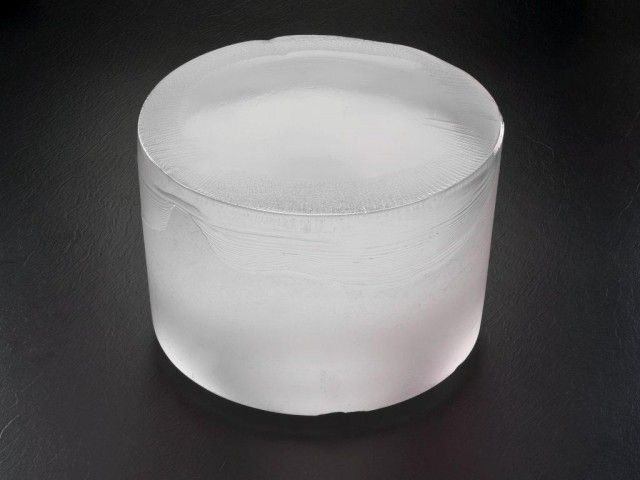Today in Apple history: Apple’s sapphire dreams shatter

Photo: GT Advanced Technologies
 October 8, 2014: Apple says it is “surprised” after GT Advanced Technologies, the supplier that was rumored to be manufacturing ultra-strong sapphire displays for the new iPhone 6, announces that it is filing for bankruptcy.
October 8, 2014: Apple says it is “surprised” after GT Advanced Technologies, the supplier that was rumored to be manufacturing ultra-strong sapphire displays for the new iPhone 6, announces that it is filing for bankruptcy.
The announcement appears to mark the end of the road for sapphire glass being used for the iPhone screen.
An anticipated feature
Up until its release, one of the big rumors for the iPhone 6 and 6 Plus was that they would come with super-strong sapphire glass screens way stronger than previous iPhone displays.
Ahead of release, this was a feature many people were excited about, particularly after YouTube videos showing iPhone 6 sapphire displays resisting knife scrapes got the world excited for more durable iPhones. One survey showed that that most-wanted feature from consumers in the iPhone 6 was a sapphire display.
To try and make this a reality, Apple signed a deal with GT Advanced Technologies in November 2013. The deal included a $578 million payment from Apple to help speed up “the development of its next generation, large capacity ASF furnaces to deliver low cost, high volume manufacturing of sapphire material.” This would take place at a plant in Mesa, Arizona. While Apple never confirmed that this was something it was working on, as the rumors grew stronger GT’s stock price continued to rise.
Unfortunately, things unravelled behind the scenes. Apple withheld the final $139 million payment, supposedly because it was unhappy with how GT was progressing. Yield rate was said to be disappointing — at around 25 percent or less.
The end of the road
Seeing no way forward, Apple announced the iPhone 6 without a sapphire display, which caused GT Advanced Technologies’ stock to plummet. (Although reportedly not before GT’s CEO made $10 million offloading his shares ahead of the iPhone 6 event.)
In early October, GT suddenly filed for bankruptcy. Subsequent court documents blamed Apple for its “imposed oppressive and burdensome terms and obligations on GTAT” which made its, “continued performance” no longer “a viable business option.”
Apple, meanwhile, stated that it would focus on preserving jobs in Arizona, where GT’s factory had been located. The 1.3-million-square-foot facility wound up becoming a new Apple data center for 150 full-time employees.
Unfortunately, three years later, we’re still don’t have our sapphire iPhone displays. Is this still a feature you would like to see arrive on the iPhone? Leave your comments below.




